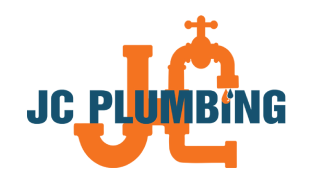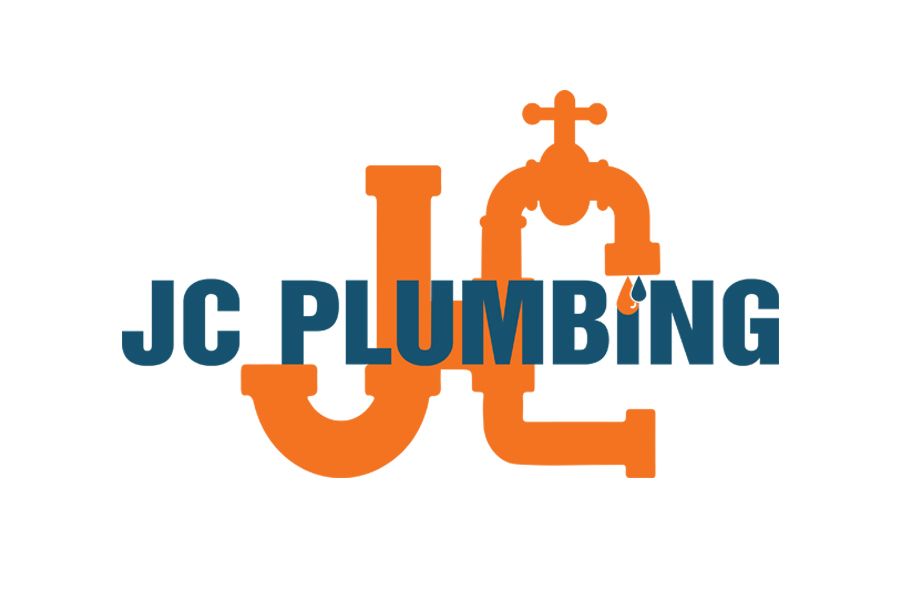FAQs
JC Plumbing
Have a plumbing-related question? We have the answer. Check out these FAQs and give us a call today for more information!
-
Should I call a plumber for a clogged drain?
With a plethora of liquid drain cleaners at any big-box store, it’s no surprise many homeowners attempt to clear a clogged drain on their own. The trouble with DIY drain cleaning methods is that they can cause more damage to your pipes than you realize. Your drains are an essential part of your property that should be taken care of with precision and accuracy. Store-bought liquid solutions or even drain-snaking methods can cause harm to your plumbing system. Using at-home methods of drain cleaning involves unnecessary guesswork that only temporarily masks your plumbing problems instead of solving them all together.
Eco-friendly drain cleaning is the best way to clear your drains and pipes. Chemical-laden drain cleaners use toxic ingredients that create slime and sludge within your pipes that speed up the pipe corrosion process, causing more damage in the long run. Instead of trying to attempt sewer drain repair on your own, call your trusted area plumbers at JC Plumbing.
-
Should I call a plumber for a leaking toilet?
Small issues that cause your toilet to leak are ok to handle on your own. Replacing a faulty flapper, for example, is a simple DIY task. For more complicated leaking toilet problems, like repipes, call the professional technicians at JC Plumbing.
To determine how severe the toilet leak is, first find the source of the leak. If water is coming from the base, try tightening the bolts that hold the toilet to the floor. If that does not help, you’ll need to remove the toilet from the floor and replace the wax rings that sit under the bolts.
If the toilet is leaking from the tank, ensure that you have no cracks and that the hose is secured to the base of the toilet. Depending on the age of your toilet, it may be time to replace it, which our team at JC Plumbing will happily do for you.
-
How long does a water heater last?
The longevity of your water heater depends on the style and upkeep of the unit. Tankless water heaters can last for up to 20 years, while most traditional units have a 10 to 12-year lifespan. No matter the style, routine maintenance will help extend the life of your water heater. If you have a traditional tank, draining the water heater once yearly will help rid the unit of sediment and minerals that can settle at the bottom. When you need water heater repair, repipes, maintenance, or installation, the JC Plumbing team is available.
-
Can tree roots invade through my pipes?
It may seem unlikely, but sewer pipes contain water and organic waste, becoming a prime target for trees. These roots naturally grow and expand toward any leaks in your sewer line, seeking out the water. Older homes using clay pipes have mortar-filled joints or concrete pipes that are especially vulnerable to tree roots.
An aggressive tree root invasion can overtake any pipe with seams, holes, or leaks. Once they get into the pipe, clogs form, with debris getting stuck on the roots and eventually backing up the sewer line. The result is sewer backflow into the house.
These blockages can become costly repairs. Your pipes can suffer extensive damage from invasive tree roots if you don't schedule sewer drain repair immediately. According to This Old House, water damage has caused over $1 trillion in damages in the United States alone. Our team at JC Plumbing will feed a high-definition camera through your pipes to locate the root problem.
-
What are some signs of a sewer line tree root invasion?
Sewer drain repair is one of the most common reasons we're called. Here are some signs that tree roots are clogging your drains:
- Clogged Drains: Slow drains are the first sign of tree roots in the main sewer line, especially if they seem to recur.
- Gurgling Sounds: Tree roots may cause gurgling sounds after flushing the toilet.
- Blocked or Collapsed Pipes: This becomes apparent when a drain or toilet backs up. Sometimes, it is because someone flushed something they shouldn’t have, but it can also be due to tree roots in the drains.
- Sinkholes: If you discover a sinkhole in your lawn, it could be caused by tree roots collapsing your pipes. This warning sign means you have advanced sewer line problems. This level of damage can also put your home’s foundation at risk.
- Foul Odors: When roots have penetrated sewer lines, foul smells escape from the pipe and work their way up through the ground. If you smell rotten eggs or sulfur, you could have a serious sewer problem.
- You should call a professional plumber if you’ve noticed any of these tree root plumbing problem signs.





Share On: